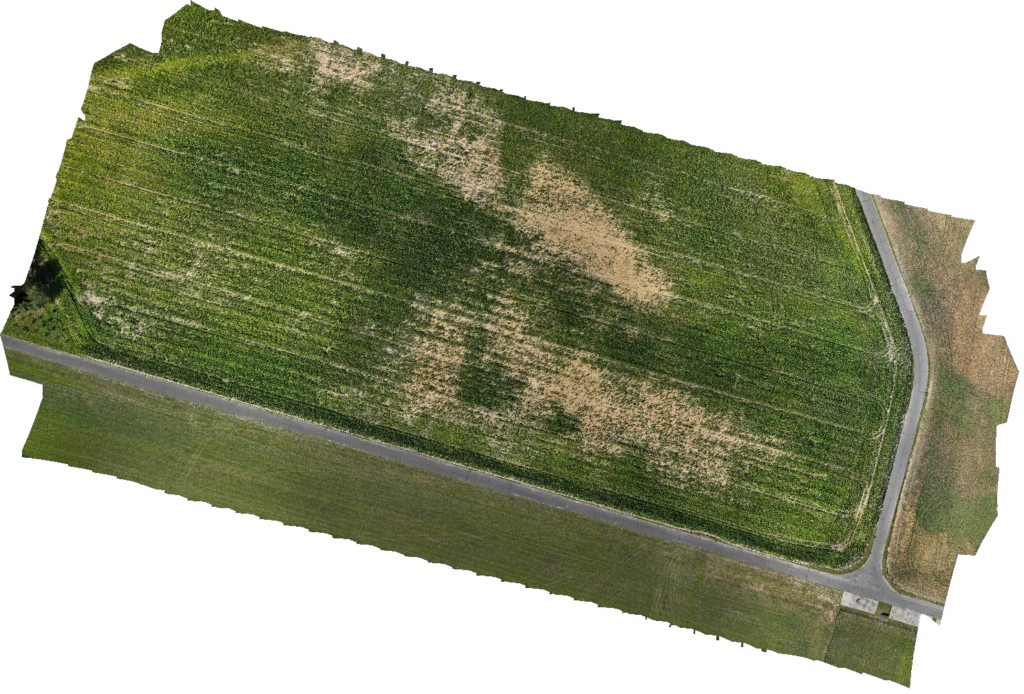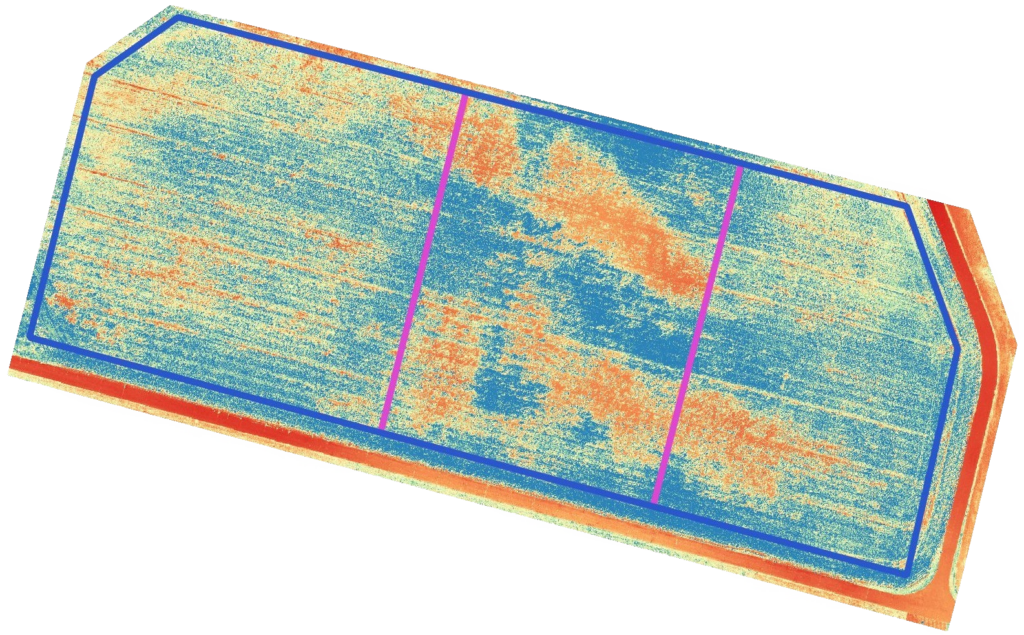

“INNOVATION IS THE ABILITY TO TURN KNOWLEDGE INTO VALUE” – JOHN NAISBITT
Precision agriculture is a modern farm management system that uses advanced technologies to optimize plant and animal production. It relies on the use of GPS, drones, sensors, satellite systems, and analytical software, which enable precise application of fertilizers, pesticides, and water. This allows farmers to increase yields, reduce costs, and minimize the negative impact on the environment. Precision agriculture enables a tailored approach to each part of the field, improving farm efficiency and contributing to sustainable agricultural development. In short, innovations should bring real benefits.
Constantly changing laws introduce a range of changes in land management, including in the field of agricultural activities. The requirements of the Green Deal aim for the sustainable development of agriculture, environmental protection, and combating climate change. Farmers are required to implement practices that reduce greenhouse gas emissions, increase biodiversity, and improve soil and water quality. These requirements include, among other things, limiting the use of fertilizers and pesticides, supporting biodiversity, growing cover crops, sustainable water management, and minimizing soil erosion. Innovations, digital products, and precise measuring equipment, as well as various types of sensors, are increasingly involved in these processes.




